When you open the first page of any book describing the history of humanity, you will encounter the Mesopotamian region. Because the first civilizations lived in this region and the foundations of today’s civilization were laid here. So why? Let’s examine the answer to the question of why Mesopotamia is important through the civilizations living here.
Today, there is almost no point in the world that we have not set foot and urbanized. But today, thousands of years ago, humans only Lives in Mesopotamia and they were using it as a center of civilization. Why is the world we live in is so wide that people only Mesopotamia It may seem like a big question mark that they chose to live in the region, but it is not.
Mesopotamian region, it was giving water and fertile soil, which were the greatest needs of humanity at that time. No one thought of emigrating for education or a better job opportunity because everything they were looking for was there. such that Mesopotamia For this reason alone, the region became the home of the greatest civilizations, witnessed the wars of these civilizations, and gave the lifeblood of today’s civilization.
Let’s start with the basics, where is Mesopotamia?
Before going into the details of the subject, it is necessary to make a basic definition of geography because, you know, geography was destiny. The Mesopotamian region is a region that is part of the borders of Turkey, Iraq, Kuwait and Syria today. If a clearer definition Fertile Crescent between the Tigris and Euphrates rivers We can make it in the form of a so-called region.
The name Mesopotamia was formed by combining two words. meaning ancient meso with the word meaning in between or in the middle, that means river potamos By combining the word mesopotamia, the definition of mesopotamia was created and It has passed into our language as Mesopotamia. Today, this region is more commonly referred to as the Middle East.
Early periods of civilization in Mesopotamia:
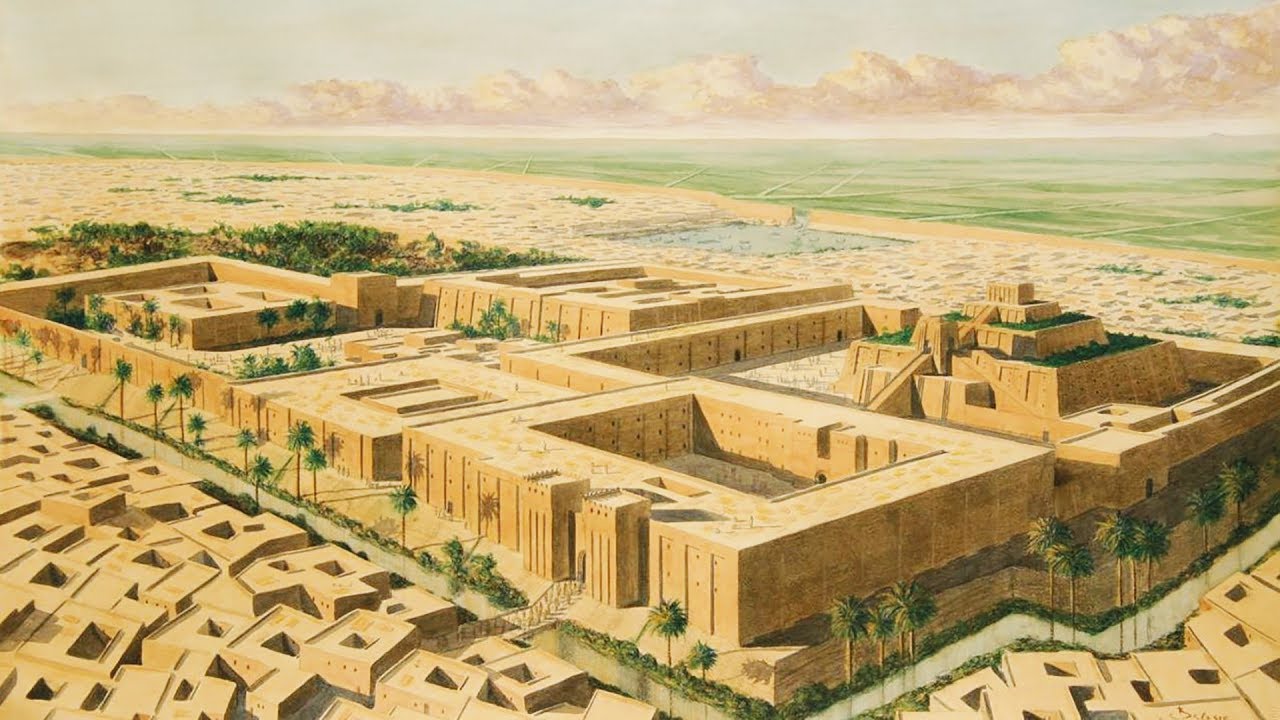
The region of Mesopotamia, which is not affected by the desert climate of the environment and has extremely fertile lands in a narrow area, thanks to the Tigris and Euphrates rivers. the first human settlements in 14 thousand BC thought to have started. Some circular house structures from those days have survived to the present day and have been accepted as the settlements of the first people.
When we come to the 9th millennium BC, these primitive, circular houses leave their place to much more equipped architectural structures. After the domestication of animals People who started to use the water of the surrounding rivers for agriculture began to form the first farming communities. As the number of these simple farming communities increased, the first cities as we know them began to be established.
The Sumerians appear on the stage of history:
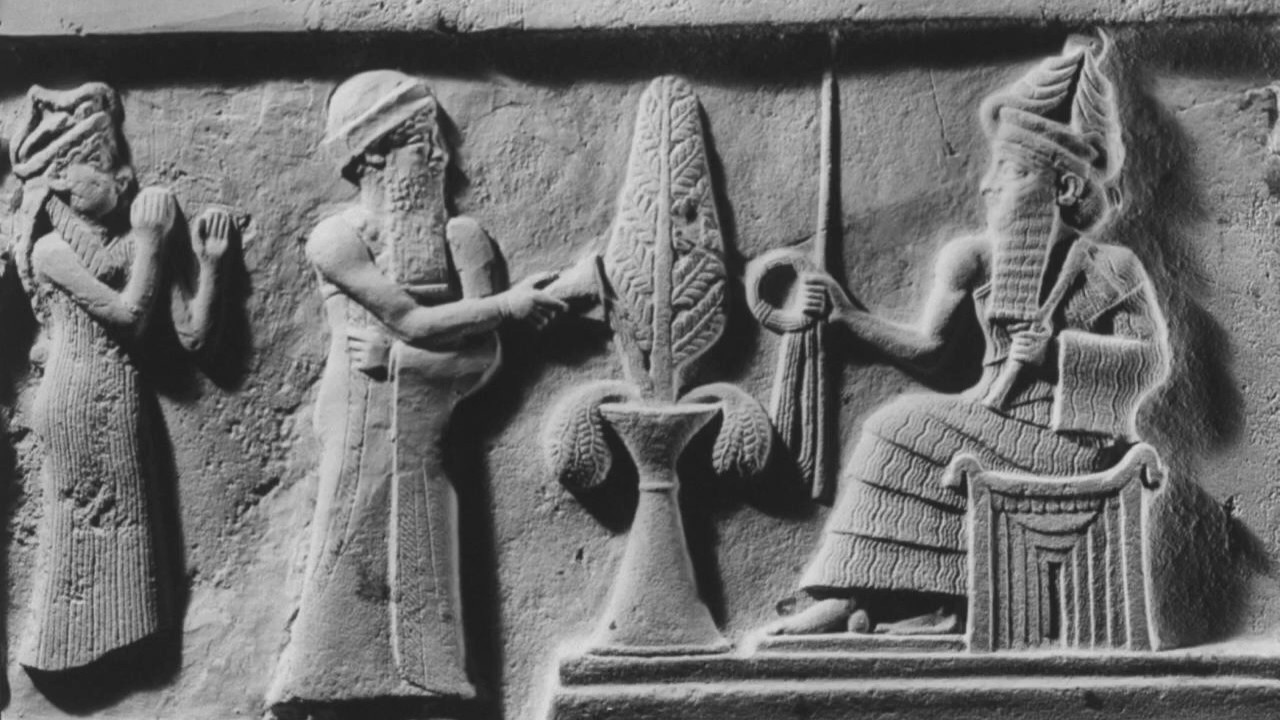
After the nomads who stayed for a while in the Mesopotamian region or the farming communities consisting of a few houses, a real city for the first time in 3500 BC We see that it was founded by the Sumerians. The Sumerians established many different city-states that spread from the north to the south of the region.
Uruk, one of the most well-known Sumerian cities, has a population of more than 50 thousand. The city of Uruk became very rich thanks to the revenues obtained from trade and conquests. People who got rich also gave themselves to art, They invented cuneiform, made ziggurats, and made some scientific discoveries that we still use today.
When we come to the 3rd millennium BC, it is seen that the Sumerian civilization dominated almost the entire region. The hero described in the Epic of Gilgamesh He is also a Sumerian king born in this period. In the King List found in the excavations, many important kings in the history of the Sumerians are seen. One of them, Sargon, would be the last king of such a civilization.
Akkads, the new hope of Mesopotamia:
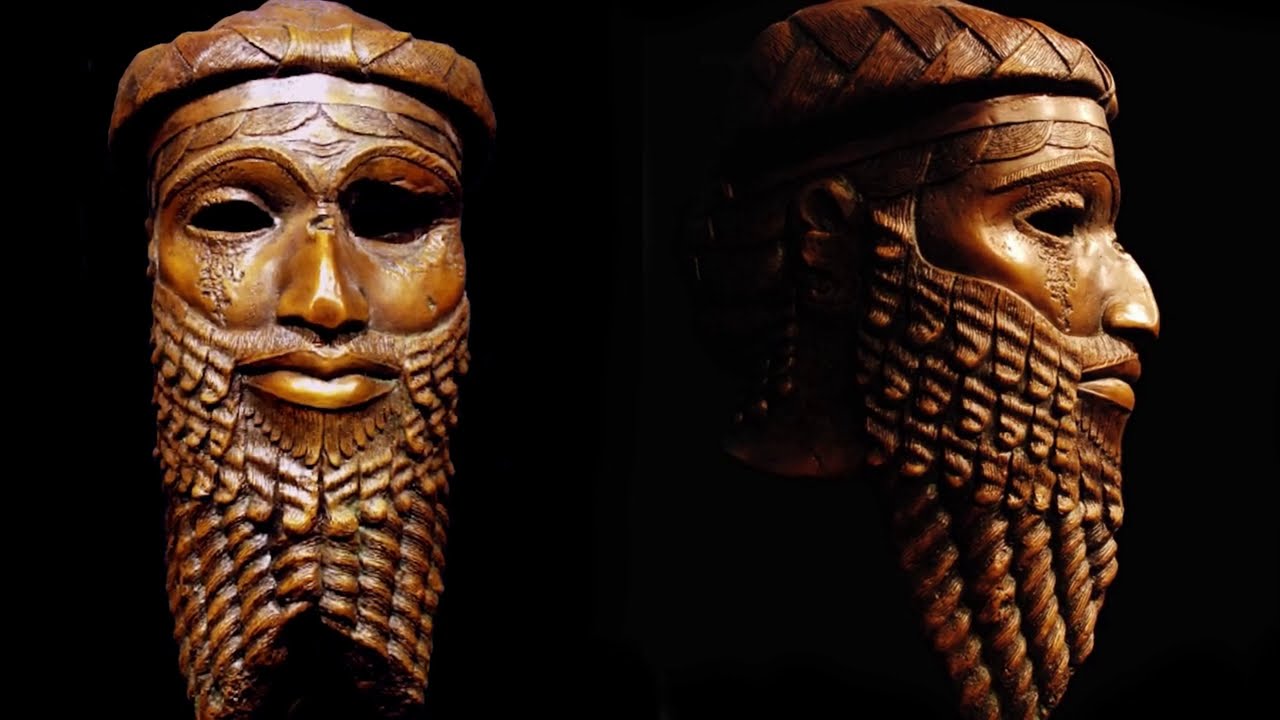
Sargon, who is seen as the last king of the Sumerians, is actually the founder of the Akkadian civilization. Namely, Sargon was originally a Sumerian city-state. He is a simple officer in Acadia. Hz. He organizes the people with an adventure similar to Moses’s story of saving the Jews and engages in a rapid conquest struggle.
Sargon, who captured the entire Mesopotamian region in a short time, brings the end of the Sumerians. During this period, the trade also spread out of the region, and thanks to the new information learned, extremely advanced examples were created in terms of architecture. Shar-kali-sharri, the last king of Akkad With his death in 2193 BC This powerful empire has also entered the process of disintegration.
In this process, chaos dominated the region for a hundred years. Like the Gutians for not an active kingdom Small and barbarian communities began to terrorize. The king of the city of Ur suppressed this terror to some extent, defeated the Gutis and dominated the region and revealed the first legal texts of history. As a result of the attack of the Elamites and Amorites, this new empire was destroyed in 2004 BC.
Babylon, the empire that changed everything:
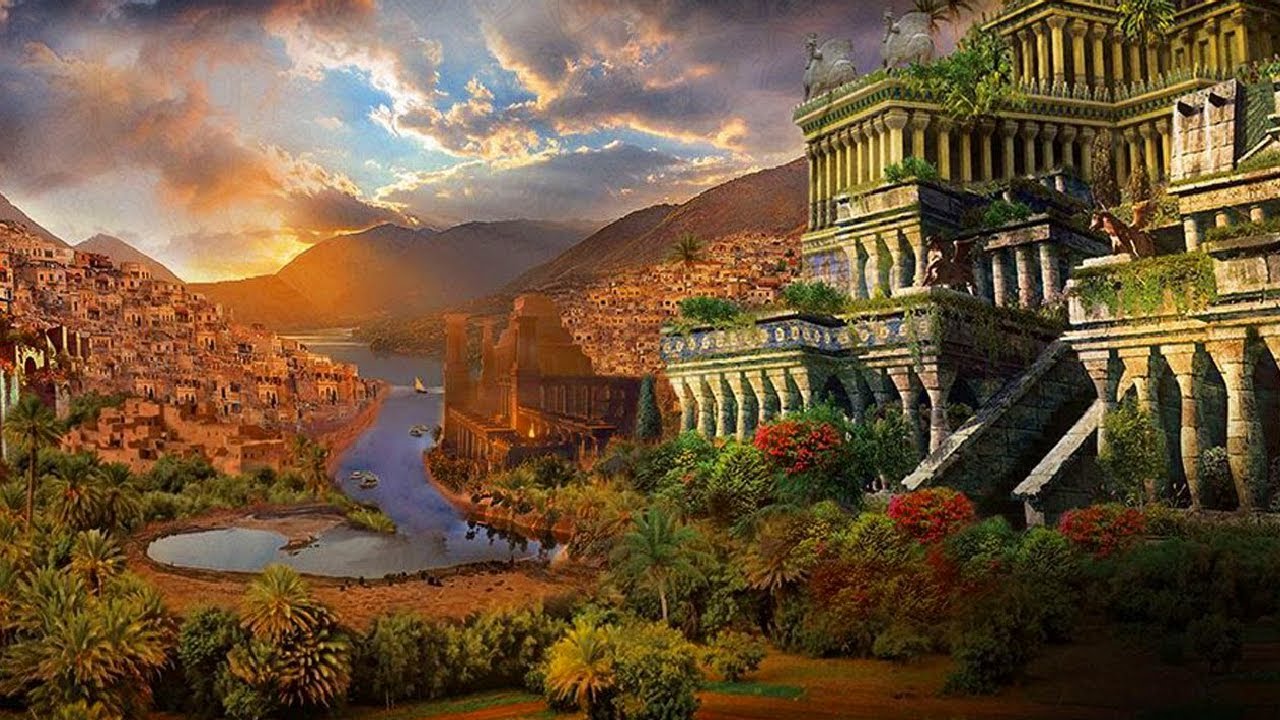
The Amorites, the community that destroyed the Akkadians, established a new empire, which they chose as the capital city of Babylon. This empire dominated by the king-god understanding The best-known king is Hammurabi, who ruled between 1792 and 1750 BC. Since Hammurabi was an ambitious ruler, they were in constant warfare throughout his rule.
Of course, the prominent feature of this ruler is not his passion for conquest, but as we all know today. The Code of Hammurabi, which forms the basis of law. Hammurabi not only wrote laws on a few clay tablets. At the same time, it ensured that all people living in the region abided by these rules and imposed fines on those who did not. In this context, we can say that it also created the judicial system.
The world did not remain with the Babylonians, it was the Hittites’ turn:
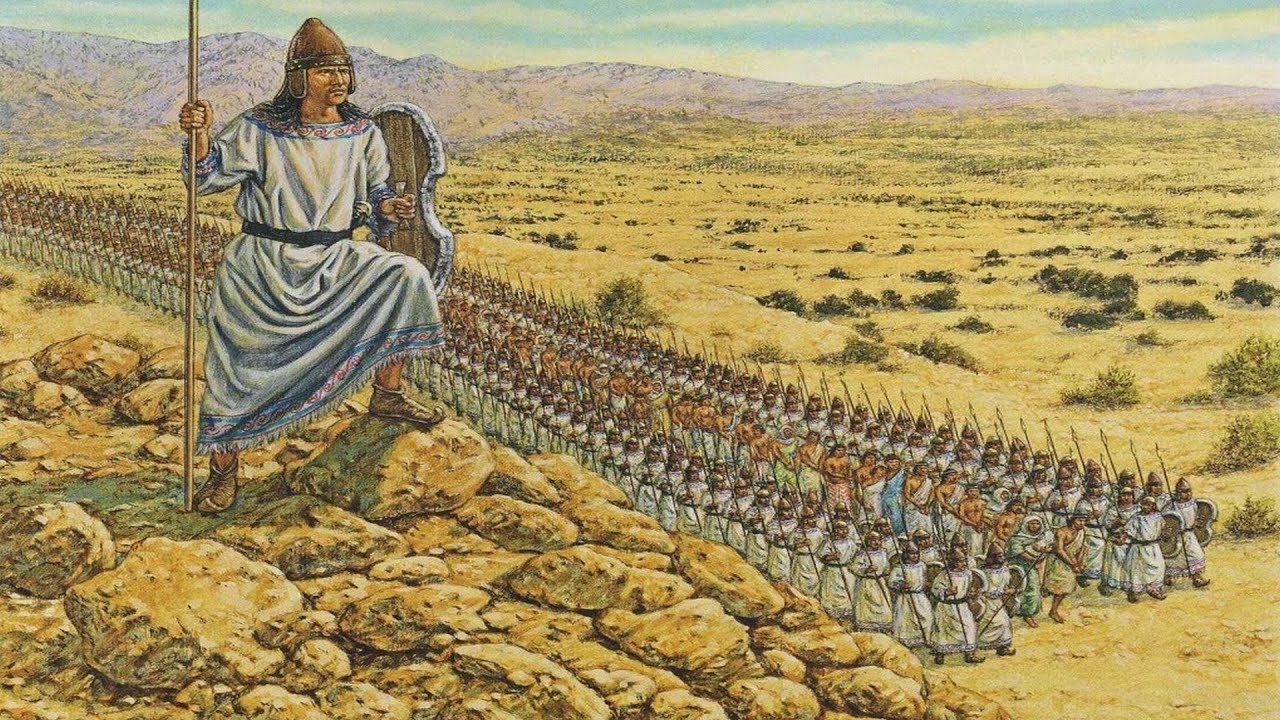
Hittites around 1595 BC They conquered Babylon, the capital of the Babylonian Empire, and established the Hittite Empire. The fact that they were metal working was the factor that brought this group forward. Because the weapons they made by melting and processing the metals were the highest technology products of that day and there was no power that could stand in their way.
Just like today, no technology was monopolized by anyone in those days, and in a short time the surrounding communities also learned about metalworking. In this period when horse-drawn carriages became widespread Many people from India and Europe immigrated to the region. With the attack of the Kassites, the Hittites, an empire that was not fully settled, disappeared. Although the Kassites ruled for several generations, they were not very successful.
The Assyrians are coming and expanding the borders of civilization:
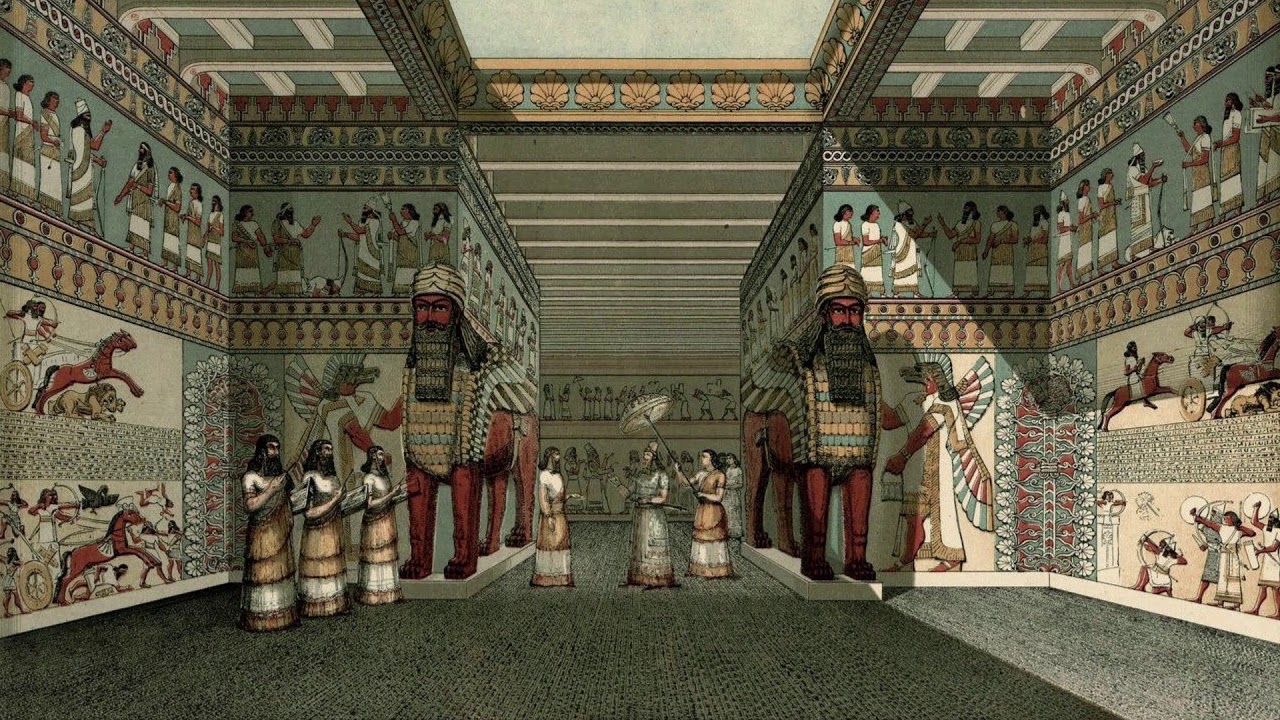
While the Hittites and Kassites were eating each other, the Assyrians established a powerful empire in 1365 BC. When it comes to 1220 BC, The Assyrians began to rule the entire Mesopotamian region.
The Assyrian Empire developed so much that it eventually included Palestine and Syria within its borders. Nemrud, the capital city, was established in 884 BC. In 722 BC, II., who took the legendary king Sargon as an example. Sargon appeared. In this period whole territory conquered even expeditions reaching the borders of present-day Russia were organized.
During this period, the Assyrian Empire expanded to Africa, rebellions broke out and rebellions were suppressed. The world’s first known library There was a library here even before the Library of Alexandria. Nebuchadnezzar, one of the important historical figures, emerged during this period, built the Hanging Gardens of Babylon and inflicted great cruelty on the people of Jerusalem.
Persian Empire before Arab domination:
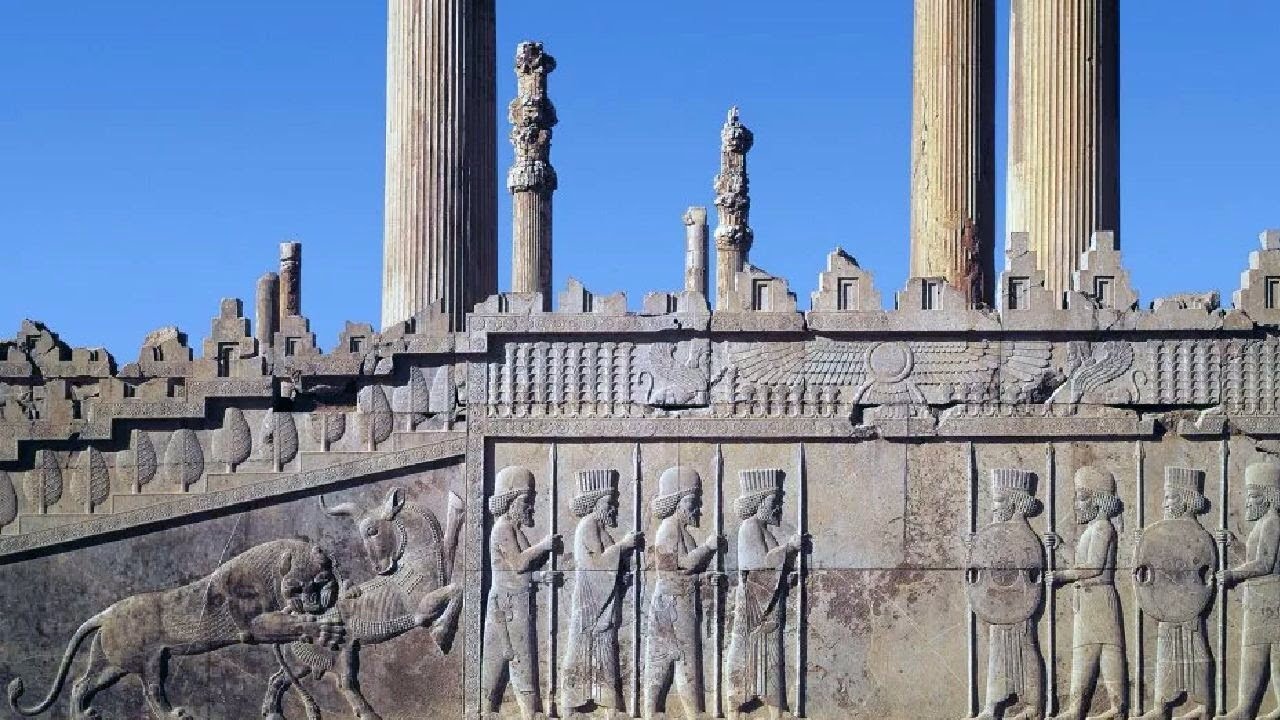
At this point, it has to be admitted that things are a bit confusing because there are multiple empires in the region at the same time. The Persian Empire is one of them. Persians, who ruled in 500 BC, they erased this heritage from the lands that had lived with Babylonian culture until that day. So much so that even cuneiform writing disappeared during this period.
The Persian Empire ended in the region later conquered by Alexander the Great. Mesopotamia, Romans in 116 AD and was captured by Muslim Arabs in 651 AD. As we know, the region is currently dominated by Muslim Arabs. However, wherever you go in the region, you can encounter these thousands of years old civilizations everywhere.
Since it is difficult to describe the thousands of years of history of the Mesopotamian region in a single article, it is a bit It was necessary to summarize. When the details of the life in the region are examined, maybe hundreds of volumes of books may emerge, but at least a greeting was given to these civilizations that shaped today’s civilization.
